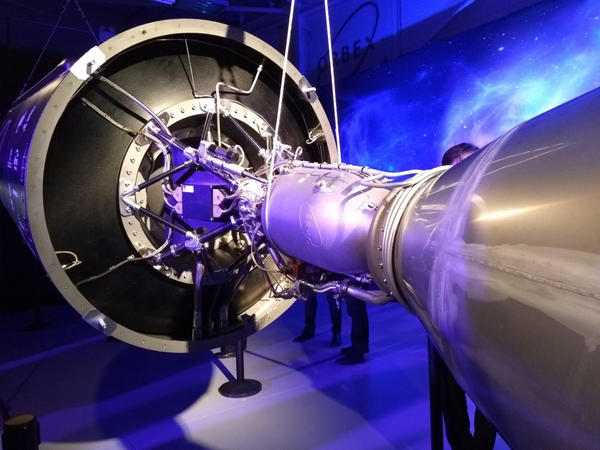From single cells to multicellular organisms: witnessing evolution
Researchers from the George Institute of Technology and University of Montana have witnessed in real-time the development of single-cell algae into more complex multicellular organisms – and, astonishingly, the process took only 50 weeks, or just 750 generations. The only driving environmental factor was predation by another simple, single-celled organism.
The research resulted from a relatively new approach to investigating the transition from unicellular to multicellular life. As opposed to retrospective approaches, which rely on incomplete fossil records and comparing more recent multicellular to distantly-related extant unicellular organisms, this “experimental evolution” is more prospective in style.
Two of the five experimental populations evolved into multicellular life – and both showed a high degree of variance in their traits and life cycles, within each population and between the two. As evolution works on the basis of beneficial mutations becoming normalised over a population over multiple life cycles, this is exactly what one would expect; however, witnessing it develop in real-time is an exhilarating development.
The reason the mutation into larger, multicellular organisms was beneficial is that, like many predators, the filter predator used (Brachionus calyciflorus) can only prey on a narrow range of sizes, referred to as the “predation threshold”; larger organisms, in this case the evolved multicellular algae, are largely immune.
Key to note is that the algae (Chlamydomonas reinhardtii) displays a tendency to form palmelloids under certain conditions, which are globs of divided cells resulting either from daughter cells failing to break free of the cell wall upon division, or the cells producing a gelatinous or mucilaginous substance which then cements them together. The unicellular algae therefore already had access to “a toolkit for producing multicellular structures”, although an “optional” one as opposed to the evolved form’s obligate multicellular structure.
That this response occurred purely in response to predation, with no other selective pressures, shows that predation likely played some part in the initial evolutionary leaps to multicellular life - leaps that eventually culminated in complex organisms like humans.
It also produced some stunning timelapses, viewable on the original article in Nature.





